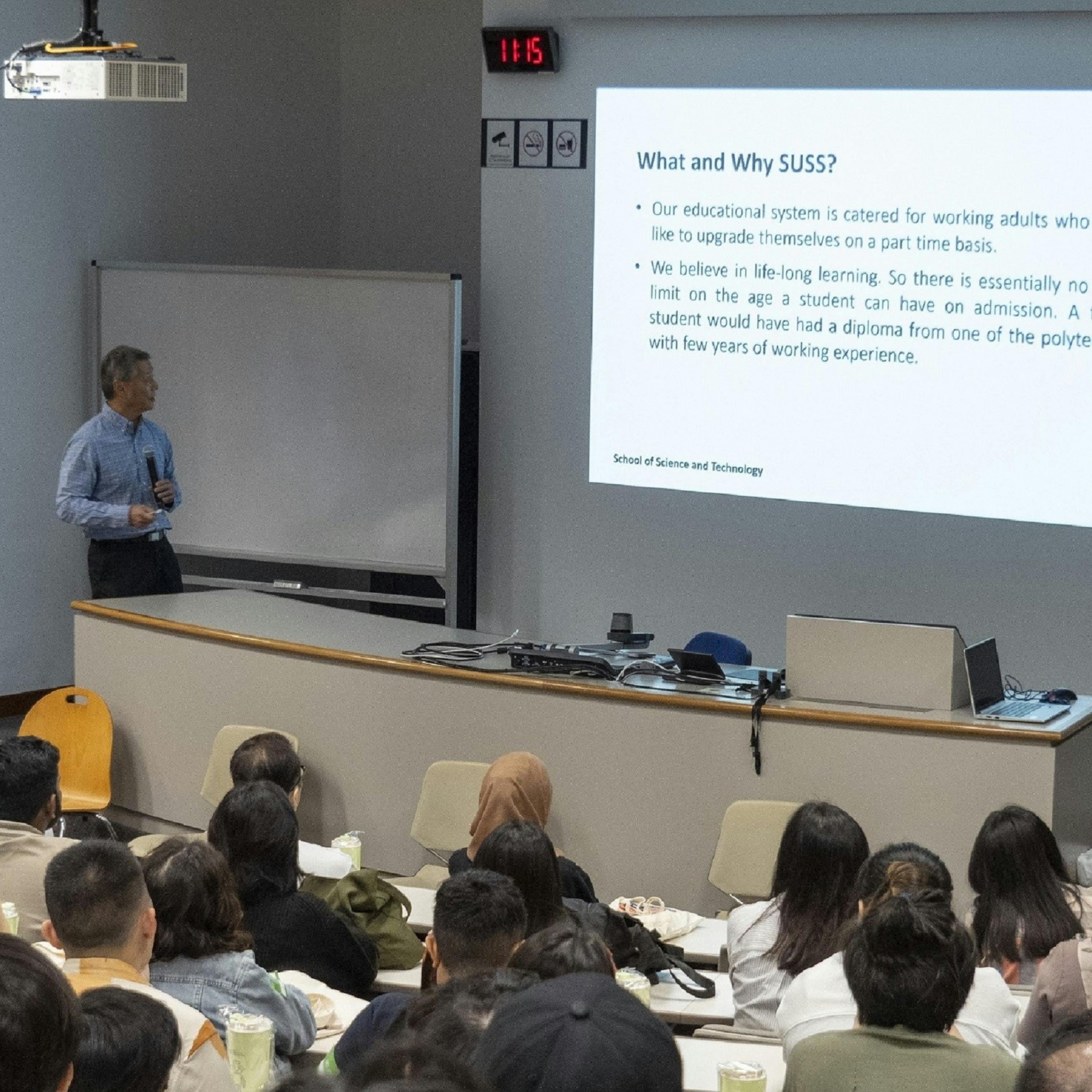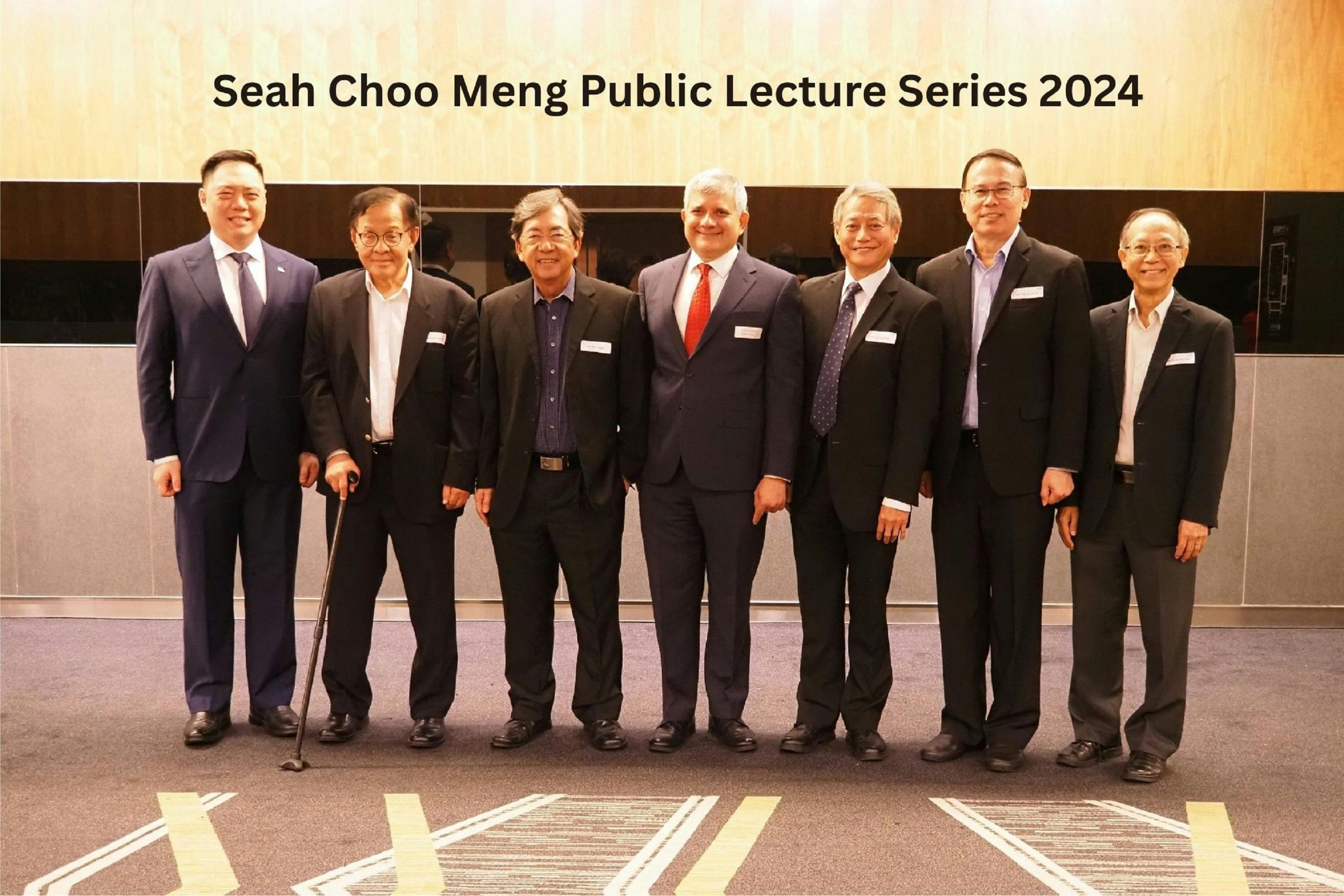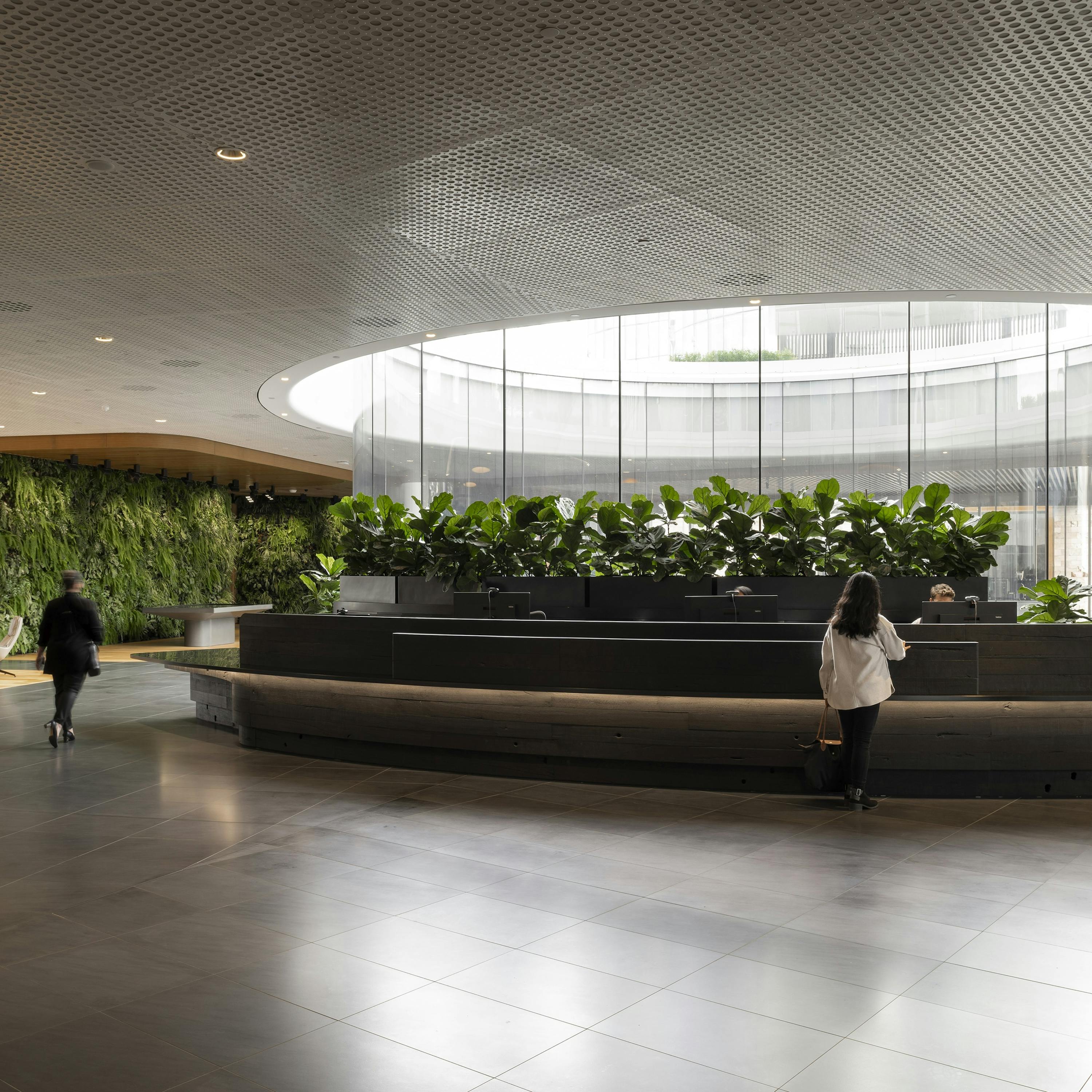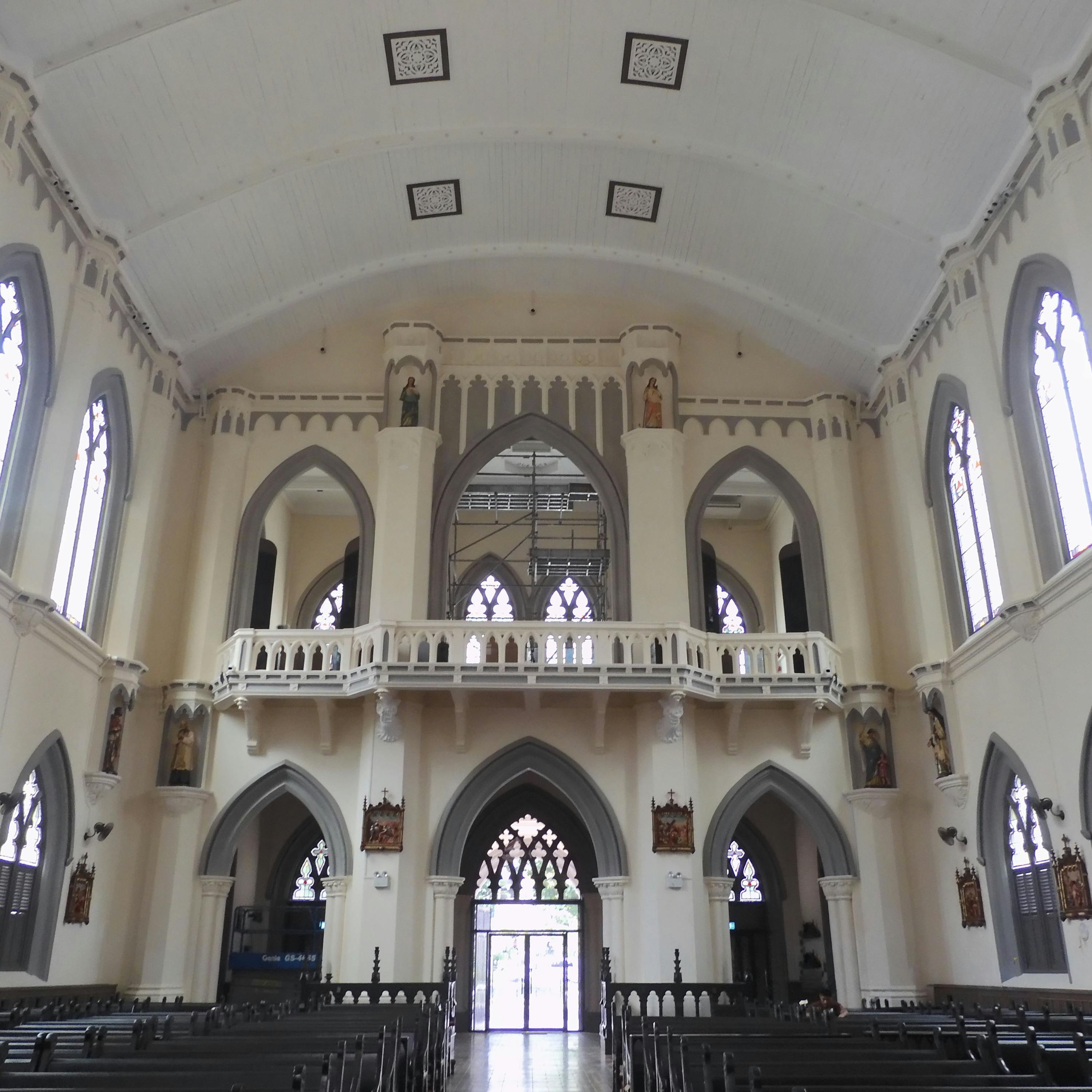Master of Built Environment and Graduate Diploma in Artificial Intelligence of Things

Climate change poses significant challenges, particularly to the built environment, as buildings account for up to 30% of global greenhouse gas emissions and 40% of global energy consumption. Additionally, the construction sector alone consumes about 60% of global resources and contributes 40% of worldwide CO2 emissions and solid waste. Extreme weather events brought about by climate change also significantly impact the built environment, causing damage through prolonged exposure to conditions such as extreme temperatures, precipitation, UV radiation, and wind-driven rain, thereby compromising building performance and longevity.
Addressing these challenges necessitates the creation of an adaptive, circular, and low-carbon resilient built environment. This can be realized through innovative solutions such as using sustainable construction materials like recycled concrete aggregate, mass timber, bio-based composites, and other advanced eco-friendly materials. Furthermore, enhancing productivity with efficient machinery and employing IoT sensors to monitor building performance allows for optimized energy use and reduced emissions. IoT technology specifically enables continuous monitoring of electricity usage, heating, cooling, and lighting, ensuring energy efficiency while maintaining comfortable living environments.
Today's architects, engineers, and facilities managers must go beyond traditional roles and integrate considerations such as life cycle costing, maintainability, and continuous performance monitoring. Proficiency in IoT and data analytics has become increasingly crucial to meet these evolving demands effectively.
Recognizing this need, the Singapore University of Social Sciences (SUSS) offers two distinct yet complementary programmes designed to prepare built environment professionals for emerging industry challenges - the Master of Built Environment (MBE) and the Graduate Diploma in Artificial Intelligence of Things (GDAIoT).
About the brand
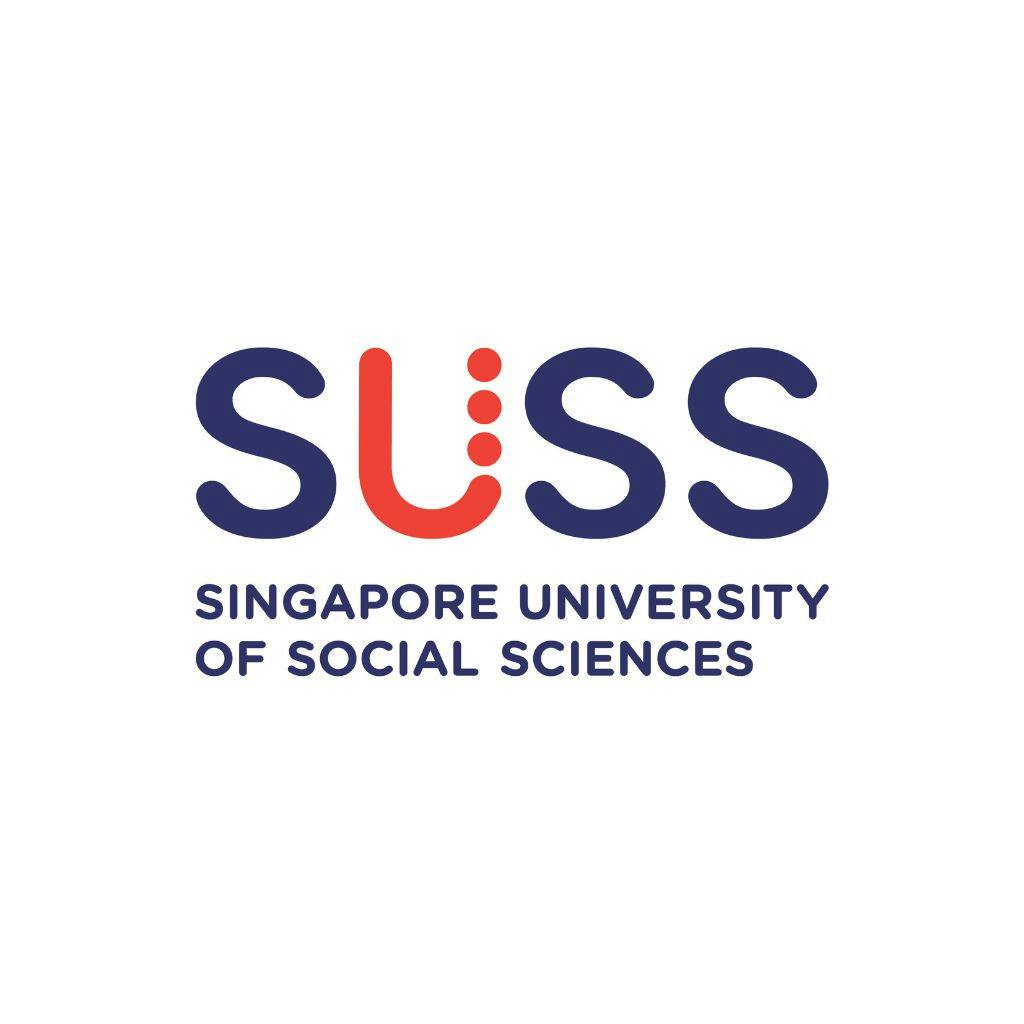
The MBE programme equips graduates with technical and management competencies aligned with Singapore’s Industry Transformation Map (ITM) and the SkillsFuture Framework. It emphasizes essential skills in project management, facilities management, sustainability, productivity enhancement, and integrated digital delivery (IDD). This programme uniquely blends managerial skills (project, risk, finance, asset, and facility management) with advanced technical knowledge (sustainability, design for manufacturing and assembly - DfMA), providing modular graduate certificates and diplomas to offer flexible and versatile career pathways.
Complementing the MBE, the GDAIoT programme introduces professionals to the fundamentals of Artificial Intelligence (AI) and IoT. AIoT, the convergence of AI and IoT, enables smart, connected solutions by merging asset intelligence from AI with swarm intelligence from IoT, significantly enhancing building management capabilities. Participants will acquire essential competencies in AI fundamentals, IoT technologies and platforms, as well as data analytics and visualization techniques. This enables graduates to apply their knowledge effectively in industry-specific contexts, such as real-time building performance monitoring and predictive maintenance, thereby significantly enhancing sustainability and operational efficiency.
Together, these programmes foster interdisciplinary expertise and innovation, positioning professionals as pivotal contributors to the global sustainability agenda. It is hope that graduates from these programmes will be able to pioneer transformative practices, shaping resilient and sustainable cities and infrastructures for generations to come.









